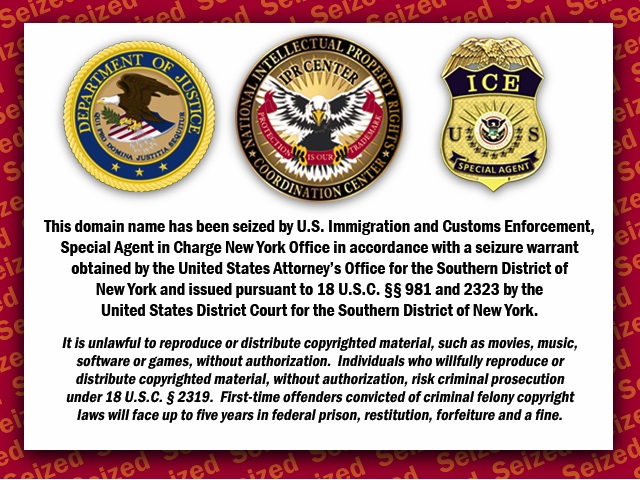Will the US and China Share A Similar Model When Attacking IP Pirates Online?
San Francisco, September 29, 2010 — A legislative proposal to allow the US’ top cop to seize the web addresses of sites that authorities deem are dedicated to pirating intellectual property bears a remarkable resemblance to a crackdown currently underway in China against online pirates. A bipartisa

San Francisco, September 29, 2010 — A legislative proposal to allow the US’ top cop to seize the web addresses of sites that authorities deem are dedicated to pirating intellectual property bears a remarkable resemblance to a crackdown currently underway in China against online pirates.
A bipartisan group of 10 U.S. senators last week introduced legislation that would enable the U.S. Justice Department to render inaccessible Web sites judged to be dedicated to intellectual property infringement.
The legislation would enable Justice to seek a preliminary injunction against domain name registrars, which would have to suspend access to the domains hosting infringing material, or that are trafficking in infringing material. The legislation would require the US attorney general to notify the federal intellectual property enforcement co-coordinator of the injunctions, and the coordinator would in turn be required to post the names of the suspended sites on a public web site.
The bill also directs financial service providers to stop processing transactions for the targeted web sites once they receive a court order from the attorney general, and for ad networks to stop serving ads against the content on the site.
The legislation appears to model itself on the U.S. Justice Department’s successful take-down this June of nine pirate web sites. It’s unclear why new legislation is necessary given that Justice has already successfully executed this strategy of shutting down domains of accused infringing sites.
For its part, the mainland Chinese government his July announced that it is seizing the domains of pirate web sites between the months of July and the end of October, the time during which the World Expo takes place in Shanghai. The names of the blacklisted web sites are sent to the country’s top Internet Service providers to be blocked. The move was announced by China’s National Copyright Administration, the Ministry of Public Security and the Ministry of Industry and Information Technology.
One of the differences between the Chinese and the proposed U.S. approaches is that the Chinese government promises a bounty of $150 to $1,500 to those reporting cases of infringement.
For its part, U.S. digital rights group the Center for Democracy and Technology in Washington, DC on Tuesday worried over how the proposed legislation in the U.S. Senate turns fundamental U.S. internet legal and constitutional tenets on their head.
The group issued a memo Tuesday outlining its concerns with S. 3804, the proposed legislation. CDT’s lawyers argued that the approach places a constitutionally-questionable prior restraint on speech, sets a bad example for the rest of the world by imposing what amounts to a content filtering regime in the United States, appoints internet service providers as online cops and is likely to screw up the security and architecture of the internet.
For its part, the US Chamber of Commerce, which has endorsed the legislation co-sponsored by Sens. Patrick Leahy, D-Vt and Orrin Hatch, R-Utah, on Tuesday responded to these criticisms by issuing the following statement:
“Online counterfeiting and piracy is a destructive force that hurts the American economy, and the Leahy-Hatch bill addresses this illegal behavior by targeting the worst of the worst counterfeiters and copyright pirates online. The assertion that this legislation equates to foreign political censorship is erroneous and does not accurately reflect this bill. Effective action against criminals whose products can kill and whose illicit profits steal American jobs is vastly different from foreign political censorship.”









Member discussion